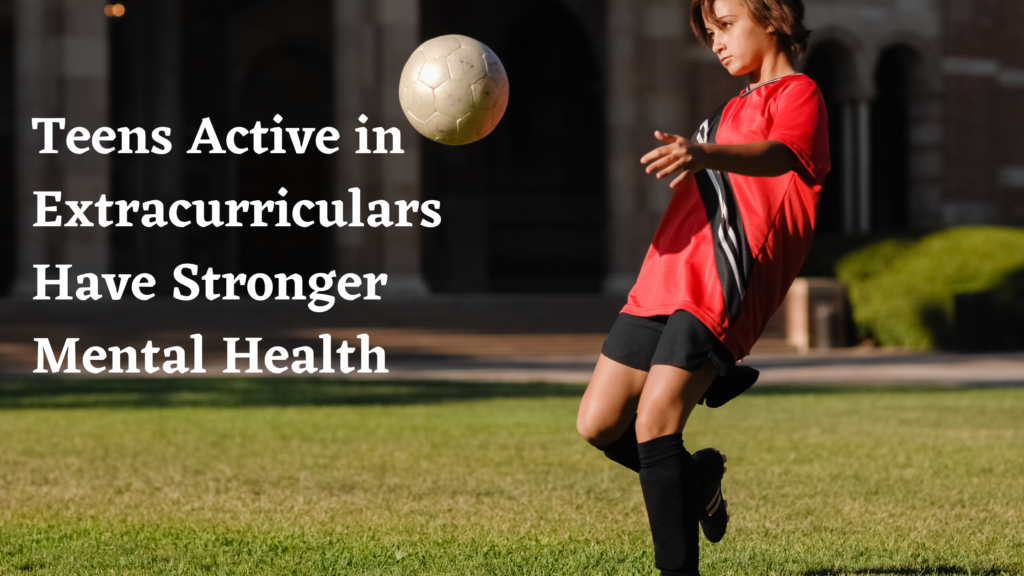
Teens who participate in extracurricular activities tend to have better mental health than those who do not, according to a recent study published in the journal Preventive Medicine. The study, conducted among more than 28,000 seventh grade students across 365 schools in British Columbia, found that those who played sports or participated in the arts had fewer mental health issues than students who spent their free time behind a screen.
This should come as no surprise. Physical activity and practicing a hobby or art are known to boost teens’ mental health. But in a pandemic year when many activities have been greatly altered or sidelined altogether, teens must get more creative and independent with keeping themselves busy and off the screens.
How to Maintain Extracurricular Activities During the Pandemic
Many sports and activities have managed to continue in some capacity this year while others haven’t fared as well. Whether your child is participating in an extracurricular that is active this year or holding out for next year, it’s important to keep them on track and in practice for their chosen outlet.
Encourage them in any way you can. Be a listening ear when they are practicing their music scales or volunteer to play the catcher when they want to practice their curveball. If your budget allows, spring for socially distanced lessons to help them improve their chosen sport or art. If not, check out the many free resources online including YouTube. Yes, we know this means putting your teen behind a screen. However, this counts as productive screen time and you can monitor their progress and lessons to ensure they’re not getting distracted.
Limited Screen Time is Key to Teens Mental Health
The British Columbian study found that boys and girls overall fared far better mentally with less than two hours of screen time in addition to participating in extracurriculars. Even if your child can’t attend a band practice or art lesson, you can still limit their screen time. And you can encourage other productive activities like reading or learning a life skill.
We know that limiting screen time during a pandemic is harder than usual. But we and other medical experts believe that making this sacrifice will ultimately reward you and your children in the long run. If your teen is struggling to stay strong mentally, we can help. Mantachie students can begin seeking help at our school-based clinic and continue treatment at our main clinic. Dial 662-282-4226 or request an appointment online to learn more.





Speak Your Mind